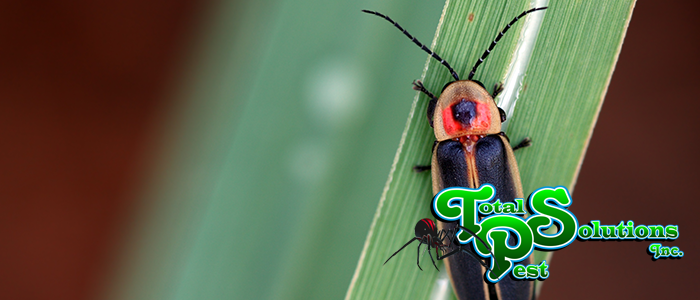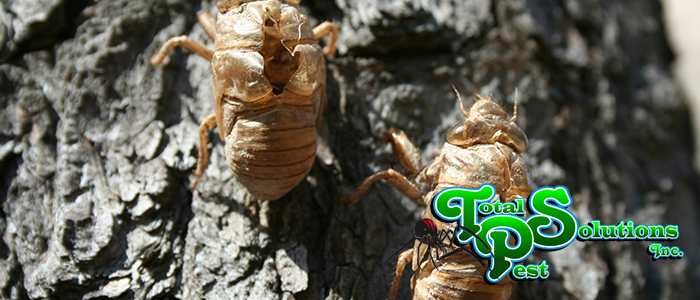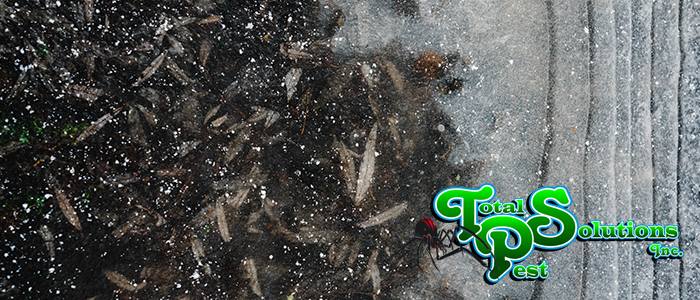
Aren’t mosquitoes awful? Florida is pretty famous for mosquitoes, infamous for their size and number, and ferocity. Is it any wonder that so many people would rather shut themselves up inside on a beautiful night? What can we do about them? As it turns out, quite a bit! Since mosquitoes can transmit all sorts of fatal diseases, let’s go over some of the tried and true methods to keep them at bay.
Chemical Options
There are a number of good, proven sprays that repel and discourage insects from biting you, but the best one to look for is any kind of spray that has a 20% concentration of a chemical called picaridin in it. DEET is also an effective deterrent, but it has a number of drawbacks as well: It’s oily, smelly, and it’s not the best for you if you happen to get some on your food or in your mouth. If you can, find a spray with a pump-action rather than an aerosol – Aerosols are easy to over-spray, which has environmental consequences and also leaves your skin dripping with chemicals.
However, if you don’t feel like trying out a new chemical or even indulging in the tried and true ones, there are a number of natural solutions – And even ones you don’t apply to the skin at all!
Natural Repellents
Wouldn’t it be nice if bug spray could smell really good? Luckily, there are some – Targeted primarily at mosquitoes and might not fare so well against no-see-ums or ticks – Great natural remedies that both work like a charm and smell great.
Let’s start with a kitchen staple – Vanilla! Mosquitoes can’t stand the smell of it, and making an all-natural vanilla spray is easy as pie. Mixing two teaspoons of vanilla extract with one cup of water and place it in a spray bottle. Pure vanilla – With no additional sugar or alcohol – Masks your odor and contains oils that mosquitoes can’t stand, which makes for an effective repellent. Vanilla extracts with sugar or alcohol will do the exact opposite, though.
Another plant that contains something mosquitoes can’t tolerate is lavender. Lavender contains a natural alcohol called linalool, which naturally protects plants from insects. The Journal of Vector Ecology conducted a study that found that linalool diffusers are 93% effective at repelling mosquitoes indoors and almost 50% effective outdoors. You can apply lavender oil sprays, lotions, and liquids to the skin to repel mosquitoes with the linalool. You can even plant linalool to cut down on populations in your yard!
Indoors, sitting in front of a strong fan can also protect you. Mosquitoes are pretty weak fliers, and they can’t stand strong airflow. However, they’ll probably just get you when you walk away from the fan.
Removing Breeding Grounds
It’s tricky – There’s a lot of places for water to settle in Florida, and we’ve got plenty of swamps and wetlands. As much as you can, remove any stagnant water that serves as their breeding grounds – Turn buckets over, dump out old coolers, and skip the bug zapper. Bug zappers do kill bugs, but not the ones you want them to. Less than half a percent of all bugs killed by bug zappers are female, biting mosquitoes – They kill more mosquito-eating predators than actual mosquitoes! You could also invest in a carbon dioxide trap, though these can be expensive.
Many professional pest control services also offer mosquito treatment services. A professional will have the training, tools, and experience needed to cut down on your mosquito population and give you back those beautiful summer nights.
continue reading
Related Posts
Early Lovebug Prep in Winter Haven: Protecting Exteriors Before Swarms
Davenport’s Pine Beetle Threats: Protecting Trees in Dormant Season As
Winter Roach Hotspots in Lakeland: Kitchen & Bathroom Prevention As







